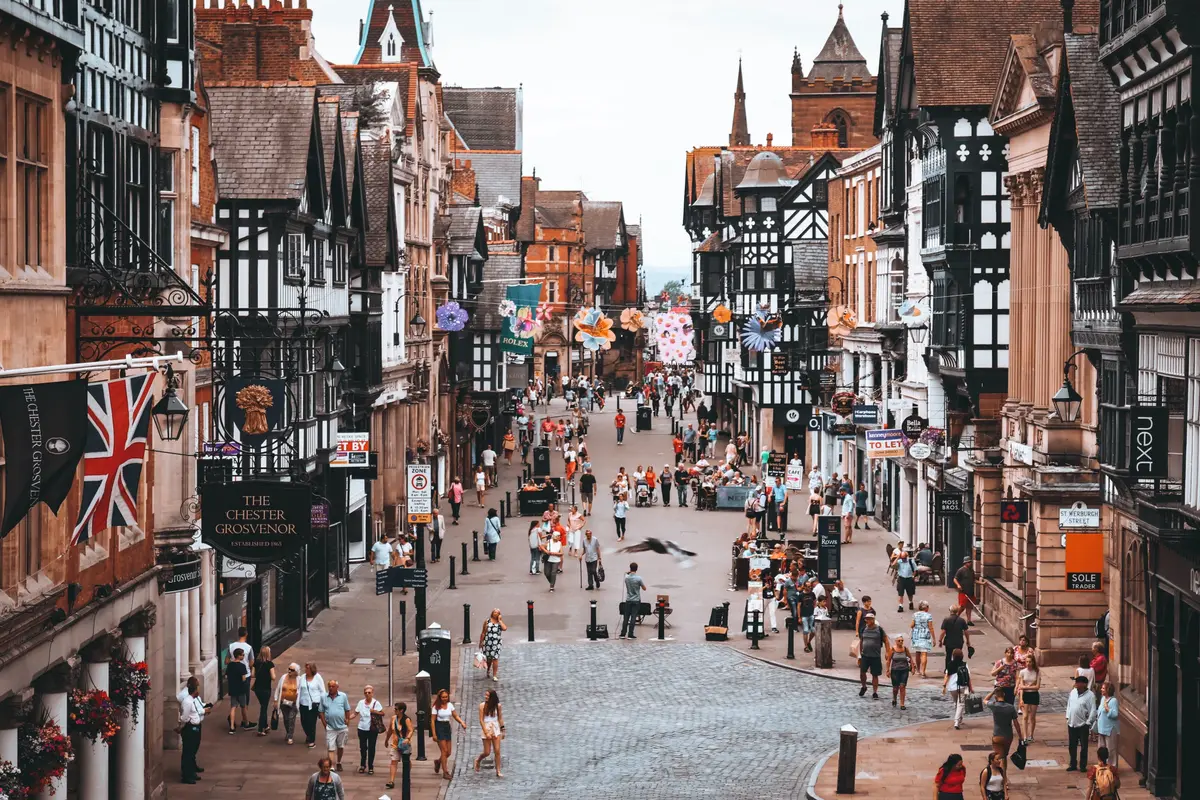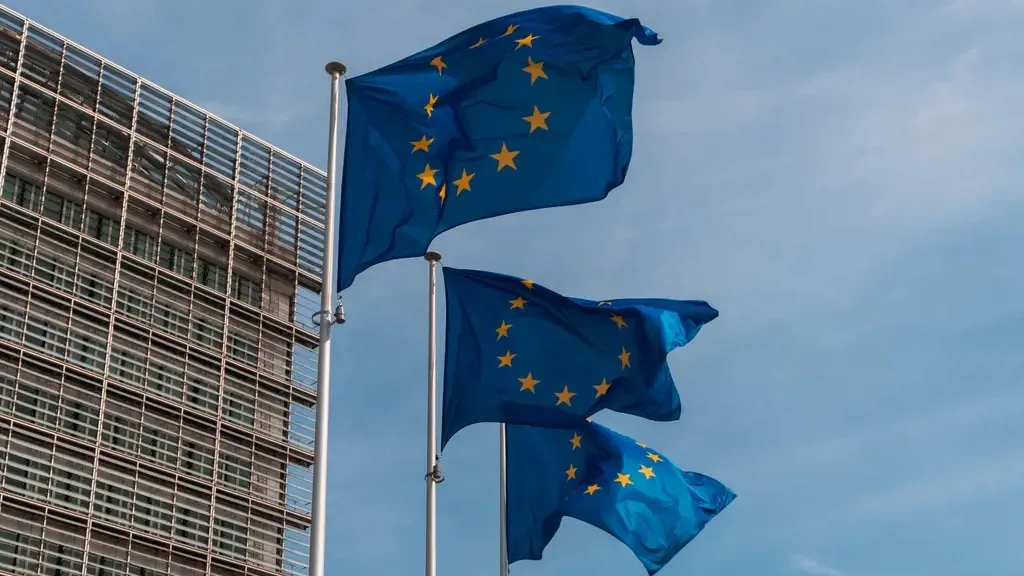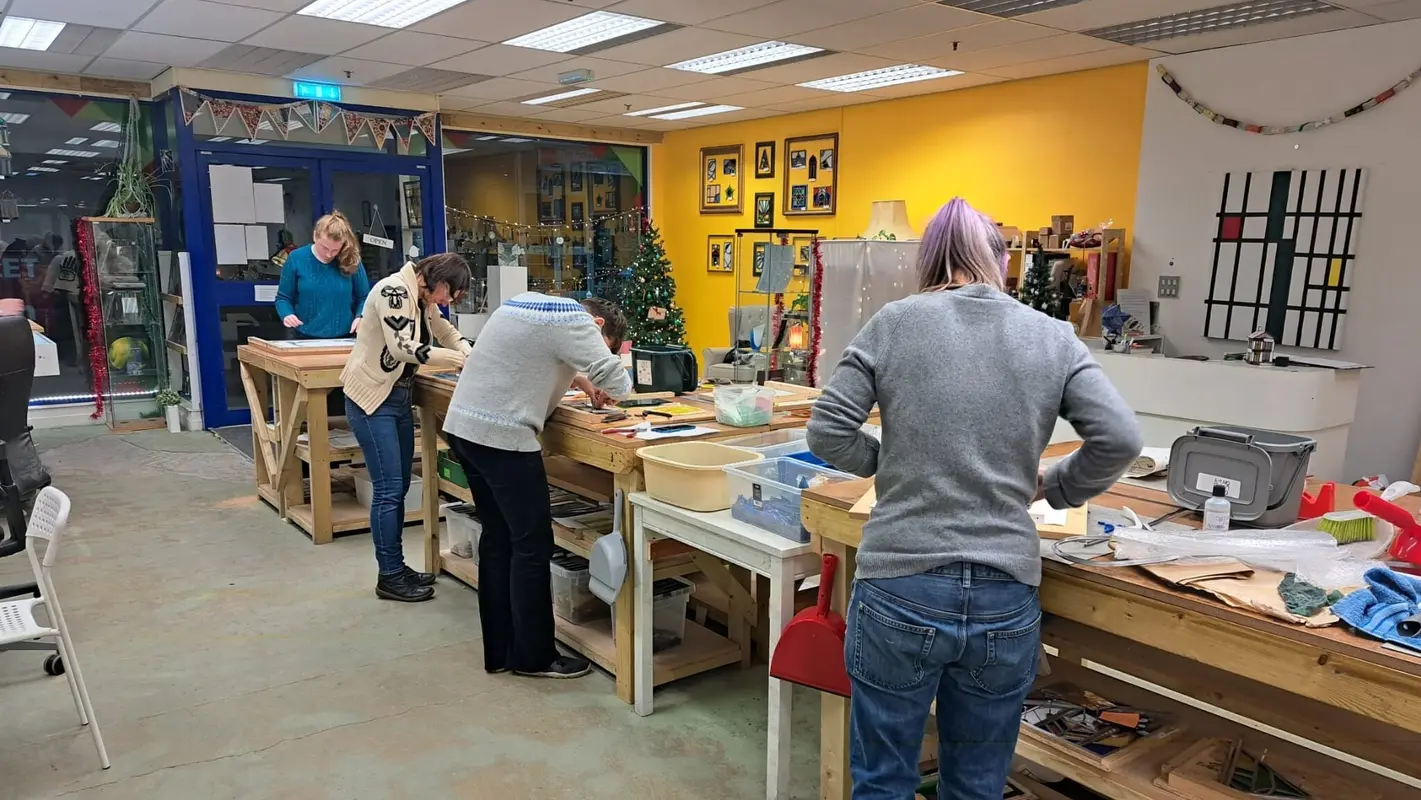For the host country receiving the investment, there is a wealth of evidence that FDI can increase productivity and employment and lead to broader development benefits.
However, there are also downsides to FDI. While a local economy may receive boosts to productivity or innovation, profits from FDI are often funnelled back across the border to the investing nation. There is also evidence that FDI can encourage the erosion of local regulatory standards.
There is a lack of research about the nature and impact of FDI in relation to the Creative Industries. As PEC research has repeatedly highlighted, the Creative Industries are one of the fastest growing sectors of the UK economy, while also having specific unique features that need to be understood by policy makers. These features, such as the Creative Industries having a higher than average proportion of intangible assets and a reliance on intellectual property rights to generate value, means that the impact of FDI on the sector will be very different compared to other areas of the economy.
This paper will start the process of building that missing evidence base. It firstly provides an overview of the nature of FDI in the Creative Industries, and then goes on to suggest some of the key questions that will need to be answered to advance this crucial research and policy agenda. This discussion paper will be valuable for anyone who wants to get a basic picture of FDI and the Creative Industries, including the geographic spread of FDI in the UK, the main international sources of FDI, and the Creative Industries sub-sectors that currently receive the highest level of FDI.
____________________________________________
Image credit: Brands&People on Unsplash
Related Discussion Papers
Demand for Creativity and AI Skills in the Post-ChatGPT Labour Market
This study examines the evolving relationship between employer demand for creativity and AI skills i…
Regional Trade Agreements, Cultural Provisions and Trade in Cultural Goods
Analysing the impact of Regional Trade Agreements on the bilateral trade of cultural goods from 1999…
International Trade Challenges and the Effectiveness of Support Measures for the UK’s Creative Industries
The formidable challenges confronting the UK’s creative industries in the realm of exports, st…
Northern England’s Creative Industries
The Creative Industries are already a driver of growth across the UK economy. Export-intensive and m…
Creative Destruction? Creative firms, workers and residential gentrification
A new study by Tasos Kitsos, Max Nathan, and Diana Gutierrez-Posada finds only a minor influence of …
Speaking with One Voice
A fundamental remit of the BBC, and other public service broadcasters (PSBs) like ITV and Channel 4,…
Transitioning to Sustainable Production across the UK Theatre Sector
This discussion paper examines transitional pathways to sustainable theatre production in the UK. By…
Identifying and analysing UK fashion micro-clusters
The UK’s Fashion and Textiles industry contributed almost £20 billion to the UK economy in 202…
Net Zero as a catalyst in fashion micro and small enterprises
This report identifies examples of work taking place across three levels of change – social, e…
The Motives of Inbound Foreign Direct Investors in the UK Creative Industries
The UK’s creative industries have a global reach. British arts, technology, and design are internati…
Brexit uncertainty and international trade in services: Evidence from the UK creative industries 2014-2019
This discussion paper is based on one of the first studies to look at the impact of Brexit on the Cr…
Working Together – Cooperatives as a creative industry business model
This authors looks at how creative workers and students typically understand cooperatives, explore t…












